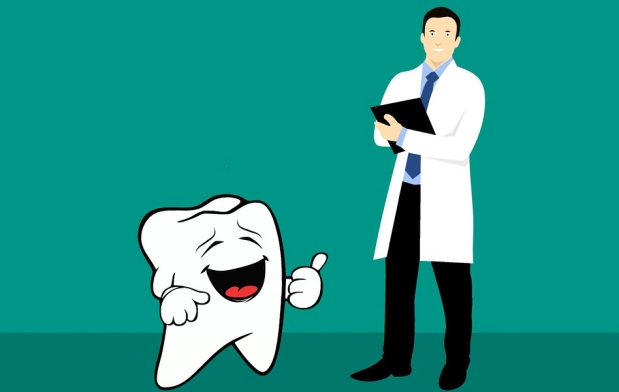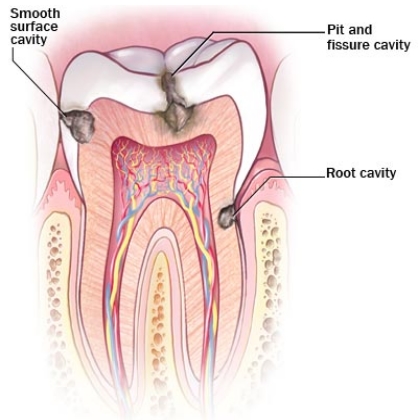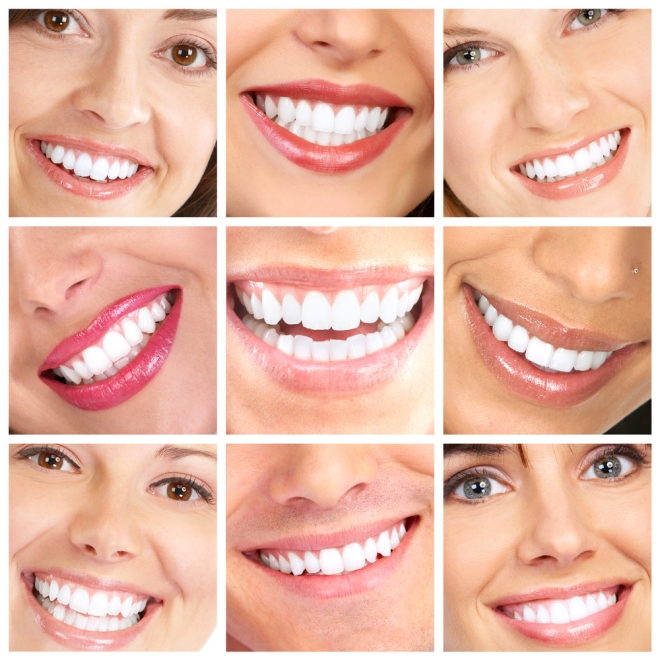Your smile and confidence may have been restored after you got your teeth implants in India. Every year thousands of people from around the world fly to get dental implants. As you would have already experienced high level of expertise, professional care and lower costs have made India the global hub of dental implants.
Now that you have got your dental implants you need to take good care of them to avoid infections and also prevent them from falling off. Your dentist may have already enlightened you on prevention after dental implants in India. If they haven’t here are six after care tips that you need to keep in mind.
Relax and take your life easy
While dental implant may not seem like a major medical procedure you still need to give your body adequate rest for the first few days. Do not take tostrenuous exercise or travelling for the first couple of days as you may experience nausea and fatigue during this time which is common.
Keep your teeth and gums clean
It is important to follow good oral hygiene on a regular basis and more so after implants. Rinse your mouth every time you eat food or take liquids thoroughly to avoid food particles from causing irritation around the implant area. You can mix a quarter teaspoon of salt in 200 ml of water for rinsing or any other solution as suggested by your dentist for rinsing Brush gently around the implant for the first few weeks and avoid flossing during this time.
Cold compress for bruising and swelling
Cold compress is one of the best measures of prevention after dental implants. Bruising and swelling are common after dental implants though their intensity may vary from person to person. You can apply cold compress to the area and shall experience immediate relief.
Avoid smoking for a few weeks
If you are a regular smoker you should avoid this for the first few weeks after the implant. It has been scientifically proven that smoking affects your mouth’s ability to heal and hence for quick healing stay away from your cigarettes and cigars.
Watch out what you eat and drink
Though dental implants don’t restrict your diet in any way you should be careful what you eat and drink for the first few days. Avoid consuming food that is too hot or cold for the first few days which includes ice-creams and beverages like tea and coffee. It is also advisable that you stay away from hard nuts, seeds and even popcorn for a few days to prevent them from getting wedged around the implant. Stick to liquids and soups and gradually move on to solid food.
Avoid painkillers and self-medication
You may experience slight pain around the implant area for the first few days as the implant has to settle with your jaws. During this period you should avoid taking any OTC painkillers or any other type of medication. If you are experiencing severe pain or suspect infection consult your dentist immediately.
Dental implants are meant to last for a lifetime and it is important that you take good care of the implant for the first few weeks after the surgery.



